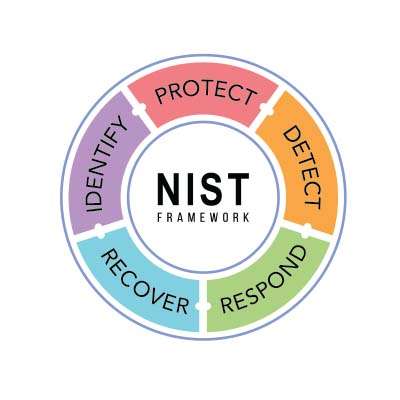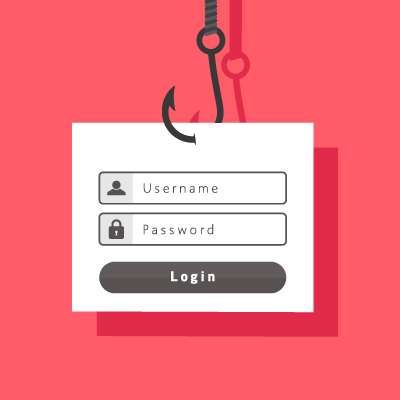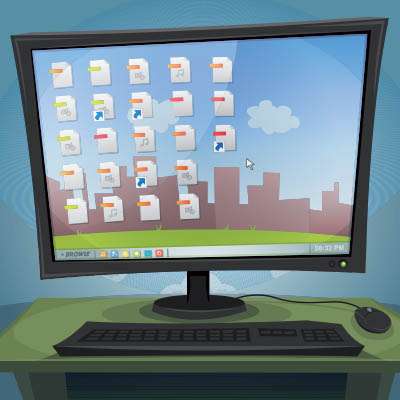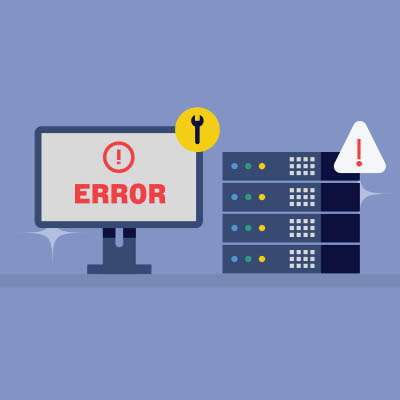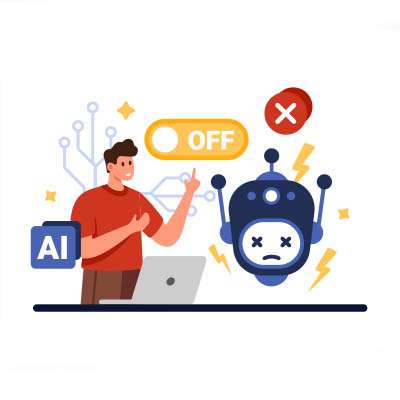A well-structured framework is essential for establishing effective, consistent policies and strategies. This applies to many areas, including network security. Listed below is a look into the National Institute of Standards and Technology (NIST) cybersecurity framework, which outlines steps to help safeguard your business.
Macro Systems Blog
This blog post is written in the format of a daytime soap opera. Please make sure you read all of the dialogue as if being whispered by extremely attractive television stars and starlets!
Life goes on in the small town of Oak Falls, deep woods surrounding the little hamlet nestled on the coast of Cape Seguridad. Let’s follow the lives of some of the residents, their lives Of Vice… and Vulnerability.
There aren’t many successful businesses left that haven’t embraced technology in some ways. Even businesses that took a while to integrate it, like restaurants, are more often than not going to have some type of online ordering or point-of-sale system. Listed below is a look at some of the ways technology helps businesses advance.
Modern wisdom states that if you’re not paying for a product, you’re the product.
For all the good the Internet is capable of doing, it is equally capable of being dangerous… especially when data is involved. Websites and social media platforms collect data from their users and track their movements across the Internet, sell it to advertisers, and more recently, use it to train AI.
Listed below is what you can, and arguably should, do to limit these platforms' ability to do so.
It isn’t rare for people to subscribe to things and only stay subscribed because the cancellation process is challenging and inconvenient. Nonetheless, the Federal Trade Commission is looking to stop this, adopting a rule that eliminates the capability for businesses to put hurdles in front of cancellation processes.
Would you trust a bank that locked its doors for the night but left all its cash in a big pile in the middle of the floor? Probably not— if someone managed to get through the doors, nothing would stop them from helping themselves to the money inside.
This is effectively how cybersecurity once worked, with the presumption that if someone had access to a network, they had permission to access any data on it. Luckily, many businesses have made the switch to a better approach, known as zero-trust security.
Windows 11 takes a page out of Apple’s design playbook and provides a taskbar that, instead of being off to the side, is smack in the middle of the toolbar. While some may like this change, others may not.
Luckily for these others, a simple setting change can return the taskbar to its familiar place like on older versions of Windows.
Keeping track of your business' technology is critical for smooth operations and long-term success. You need to monitor things like computers, servers, mobile devices, and software licenses to avoid unnecessary costs and security problems. A good inventory system helps you know what technology you have, where it is being used, and when it needs maintenance or replacement. This ensures that your team has the right tools when they need them, which enhances productivity and growth.
Windows 11 features a robust desktop environment with a lot of neat tricks and customizations to work more effectively. Controlling your Windows desktop experience can increase productivity and streamline the way you interact with your computer. Listed below are four tips to help you customize and manage your Windows environment more efficiently.
Video conferencing has become a mandatory tool for businesses, especially after the rise of remote work due to the COVID-19 pandemic. It used to feel like something from science fiction, but now it's a key part of how we work together. Video meetings are not only more reliable and easy to use, but they've also become a lot more accessible, helping people connect no matter where they are. Listed below is a look at some of the ways video conferencing has improved:
“I don’t need to worry about cyberattacks… my business is too small to be of any interest.”
This brief rationalization is one of the most dangerous fallacies a modern business can make concerning cybersecurity; it shows a fundamental misunderstanding of how modern cyberthreats operate. If this has been your mindset, we urge you to read on so we can help set you on a more realistic path.
It’s natural for businesses to depend on their tools, like IT, to achieve success, but if you don’t take care of your systems, it could lead to downtime. You can bypass many of these challenges with the right approach to technology maintenance. Listed below are some of the proactive methods you can use to keep downtime to a minimum.
Being a green business is certainly not a bad thing; not only does it help boost your company's environmental friendliness, but it can usually attract customers and clients who prioritize the environment. What is mentioned less is how being greener can actually give your business an advantage in the right circumstances.
Artificial intelligence is everywhere, and it is making data more valuable than ever. This is because AI platforms rely heavily on data to function effectively. Many platforms and services gather data from their users to fuel these algorithms. LinkedIn has recently been found to do this—by default—without properly informing its users or updating its terms of service.
“Toxic” is a buzzword that is often used these days, but when it is used to describe a business’ work environment, it needs to be treated with deadly seriousness.
If a workplace is a place people don’t like to be, many drawbacks will ultimately impact operations. Thus, it is to your advantage to keep your business as positive a workplace as possible.
Listed below: how to tell if your organization has a toxic workplace and, if so, how to resolve it.
File sharing is a huge deal. When you try to send your friends a meme or share a video with them and it doesn’t send… that can be extremely irritating. When it comes to business file sharing, miscommunication can cost quite a bit. Listed below is a look at two concepts in small business file sharing and how they help a small business.

